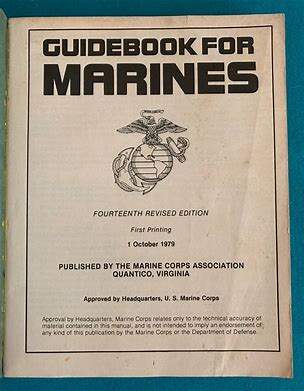

These 5 hold many memories.
There seems to be a surprising degree of consensus emerging amongst respondents.
It’s not a cheat, to extract one item from a complex, interrelated body of work is
often pretty much impossible. Hence my choice of
Patrick O’Brian, the Aubrey–Maturin series (21 volumes, starting with “Master and Commander”).
Similarly, anything and everything by Roger Zelazney and Keith Roberts…
I, too, am a fan of Watership Down; but also of “The Plague Dogs”…
Regards,
M
‘RAH! Devil Dog.
![]()
Yut! Except for the first one, I am pretty sure I have read all of the others. I might even still have a copy of some. Yes even the SNCO one. As I recall my Gunny gave it me to read.
Two others mentioned the Bible…that’s my #1 as well, but other than that:
The Splendid and the Vile by Erik Larson - everyone should read this book. It’s the best book of history I’ve ever read, and possibly the best book, period. Masterfully done.
The Lord of the Rings by J.R.R. Tolkien - we need the old epic tales these days with our overly pragmatic and cynical take on life and core values. Some really important themes worth thinking about.
Paul Revere’s Ride by David Hackett Fischer - DHF is imo the best living historian. This work is one every American should read. He tells the (real) story of the beginning of our War for Independence and it’s even better than the one Longfellow tells, and his deep respect for the historical figures is refreshing and rare.
Perelandra by C.S. Lewis - I read this book once and was so moved by the ending that I hesitate to read the book again out of fear that it won’t be as good! Like LotR, it’s a good springboard to thinking about deeper meaning in the world.
The Origin and Principles of the American Revolution by Frederick Von Gentz, tr. by John Quincy Adams - another one for every American, this one rescues our War for Independence from the slander that it was like the French Revolution. Instead it shows how it was fundamentally a conservative (not in the political sense) attempt to preserve the people’s inherent rights and liberties against a revolutionary king and a usurping Parliament, not a popular uprising to violently seize power. This makes it fundamentally different and morally justifiable.
Hard to pick just five, but those are the top five that come to mind.